America Leads The World In Cake And Meat Emojis
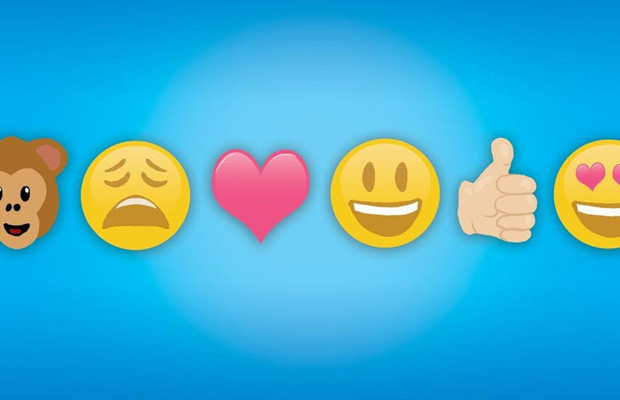
Nothing captures the essence of modern-day communication like emoji — transcending language barriers and demographics — but a new study suggests that you’re more likely to play favorites with the icons you choose, based on your native tongue.
According to emoji data collected by the popular keyboard app SwiftKey, the language you speak says a lot about the emoji you likely send.
For example, the study finds that French and Russian speakers have love on the brain much more than others. French speakers are four times as likely to use the heart emoji than any other language, and Russian speakers are three times as likely to make use of romantic-related emoji, like the kissy face and heart-eyes icon.
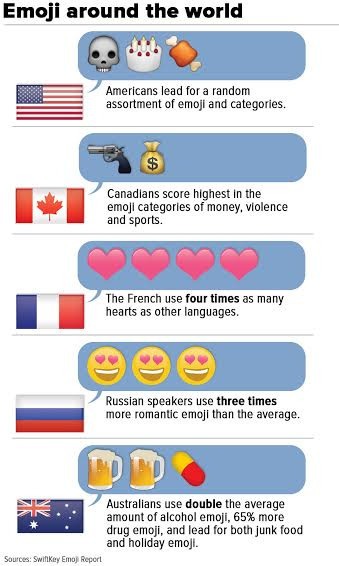
Meanwhile, Arabic speakers love to share flower and plant emoji, and Aussies are more inclined to send booze and drug-related icons — in fact, Australians use 65% more drug emoji than average. In contrast, Americans love cake, meat and the female-oriented emoji set.
The report also found that happy face emoji dominate as the top category, occupying nearly 45% of the emoji pie. Other leaders include sad faces (14.33%), hearts (12.5%), hand gestures (5%), romance (2.4%) and monkeys (1.7%).
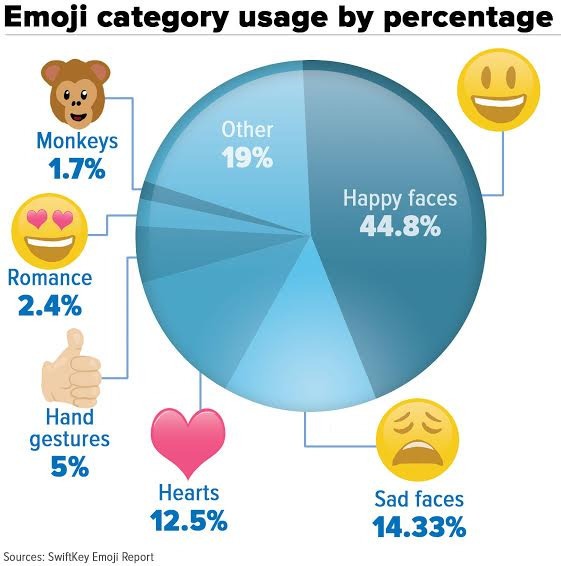
For a closer look at how society uses emoji, check out the report here.



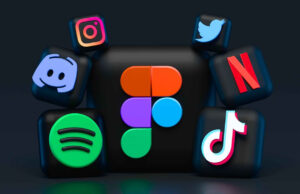
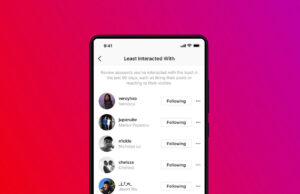
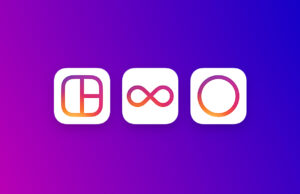







 © 2024
© 2024
0 comments